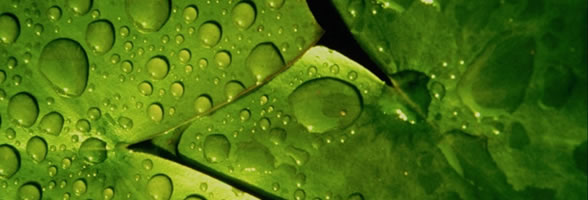
Amphibians for research
About Us
Last year a new colony of Silurana tropicalis frogs was established in our breeding facility, on request of researches from Laboratory of Developmental Biology, Charles University, Prague (ref. to published papers: Portfolio). At present we offer all stages of Silurana tropicalis including tadpoles, froglets, subadults and adults. In addition to S. tropicalis, we breed also Xenopus laevis, albino laevis, X. amieti, and collect other Xenopus for future expansion of our list of species.
As a spin-off firm of Faculty of Sciences, we exported over half million Xenopus froglets and tens of thousands newts and axolotls to EU countries since 1990. Production of healthy animals with guaranteed quality is our utmost priority. For further details, please click: Products, Husbandry, Portfolio.
History of project
This project started at the amphibian facility of the Dep. of General Zoology and Physiology, Charles University, Prague, where Xenopus laevis have been bred routinely for experiments since late 60th. Albino X. laevis was obtained from the foreign laboratory soon after its isolation in 1974 (ref. 1) and axolotls and Pleurodeles newts were introduced at about same time.
As a student of embryology, graduate and post-graduate, I became de facto curator of the facility and bred amphibians for me and my coleagues. By the end of 70th our Department served as an official commercial supplier of Xenopus frogs. Working at Czech Academy of Sciences as biochemist and immunologist(ref. 2-4), I continued breeding various amphibian species (Xenopus, Pipa, Hymenochirus, some Urodela) on a small scale and resumed full commercial breeding in a spin-off firm in 1990.
On my visit to Basel Inst. of Immunology, Prof. Du Pasquier kindly provided X. amieti (still in culture) and a female X. gilli, which was crossed to X. laevis and kept for some time. Since 2008 we breed Silurana tropicalis as our principal species (female of the adiopodoume strain, Ivory Coast, obtained from Dr. Pollet).
For references, see Portfolio.
